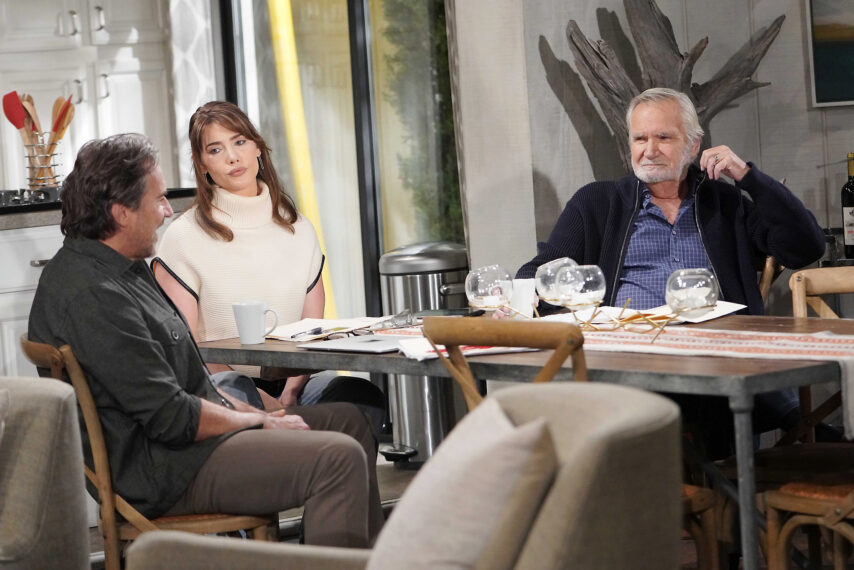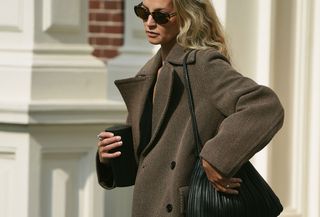
In a bid to stave off red-hot inflation, Russia’s central bank halted all foreign currency purchases for the remainder of the year, while actively selling Chinese yuan, in hopes of propping up the ruble. The ruble—currently worth a fraction of a penny—hit lows on Wednesday not seen since the start of the Ukraine war.
The aim is to put a floor underneath the ruble and clamp down on further price pressure leaking into the country through the rising cost of imported goods. The Russian economy is also suffering from a lack of foreign investment caused by Western government sanctions that ban companies from doing business with Russia. With most Russian financial institutions now cut off from trading in dollars, this starves the country of a steady supply of U.S. currency reserves.
“This decision is aimed at reducing volatility in financial markets,” the Bank of Russia said on Wednesday.
Official inflation rates hit a year-on-year peak above 9% percent in August, and continue to remain elevated. Russian political scientist Kirill Rogov believes these figures are likely understating the problem and actual rates could be materially higher, citing data from Raiffeisen Bank analysts and market research firm ROMIR.
The central bank’s announcement came one week after the U.S. government imposed fresh economic sanctions against Gazprombank. The bank had previously been exempt, since it plays a vital role enabling the export of natural gas to a handful of American allies in Europe by processing cross-border payments.
On Wednesday, the ruble consequently fell below the rate of 114 to a dollar, the lowest level since early March 2022. The Moscow daily Rossiyskaya Gazeta called it a “panic attack for Russia’s currency market.”
Finance minister Anton Siluanov argued the plunge will benefit exporters, whose goods are suddenly much cheaper for foreigners to buy. But the risk is a weak ruble will only end up importing inflation from abroad by driving up prices of imported foreign goods.
Russia hikes interest rates to highs not seen in 20 years
Inflation began ramping up in Russia after president Vladimir Putin directed hundreds of thousands of working age men to fight in Ukraine and marshalled Russia’s industry to support its military objectives. With fewer workers available, wages in the civilian economy rose sharply. Rising labour prices were quickly passed on to consumers as supply struggled to meet domestic demand.
“Never before has unemployment been as low as 2.4%,” central bank governor Elvira Nabiullina told lawmakers at the Russian Duma earlier this month. “We are now in unprecedented territory, when almost all production facilities are working at full capacity.”
Consumer prices are soaring. The price of a staples like potatoes nearly doubled since last December. Butter is now so expensive stores have locked away supplies to prevent theft. Mortgage loans also soared after the government ceased in July providing generous subsidies to purchase an apartment or house.
“Inflation has been stubbornly high for a fourth consecutive year,” Nabiullina told legislators, adding “almost everything is getting more expensive: raw materials, components, logistics, equipment, labor.”
Her institution’s response to these pressures has been to hike the prime interest rate by two full percentage points to 21% in October, a level not seen since 2003.
Nevertheless this hasn’t been nearly enough to cool off inflation nor stop the steady decline of the ruble. This has prompted Russian business daily RBK to advocate on Wednesday that benchmark rates rise to an eye-watering level between 30%-40% in order to prop up the currency—even if this risked a slowdown in growth.
Medicine of high rates more harmful than the disease of inflation
Not everyone agrees. Severstal chairman Alexey Mordashov, a supplier of steel needed for the war effort, said the high borrowing rates were already painful—even worse, he argued they achieved comparatively little.
“This is a situation probably without precedent in modern world history, when the central bank rate is 2.5 times higher than inflation and it still doesn’t slow down,” Mordashov was quoted by Politico as saying on Wednesday. “It’s as if the medicine is more harmful than the disease.”
Russia’s struggle to keep a lid on consumer prices may provide the incoming Trump administration with greater leverage to force Moscow to the negotiating table.
On Wednesday, his transition team appointed Keith Kellogg as Special Envoy for Ukraine and Russia. The retired general supported last week the Biden administration’s approval of Ukraine’s use of long range ATACMS missiles on targets in Russia in response to North Korea deploying troops, saying that the decision ought to have come much earlier.
“We’ve basically pulled back on letting Zelensky fight a war that he should have been fighting a long time ago,” he told Fox News. “They should have been doing this a year ago.”
Russia responded to the latest escalation by launching for the first time an experimental MIRV intermediate range ballistic missile dubbed “Oreshnik” capable of being armed with multiple nuclear warheads. It has prompted fears the conflict could escalate into a third world war before Trump takes office in January.
























![Moneybagg Yo – TABOO MIAMI [Official Music Video] Moneybagg Yo – TABOO MIAMI [Official Music Video]](https://i.ytimg.com/vi/iAgp-a5lTZ4/maxresdefault.jpg)

